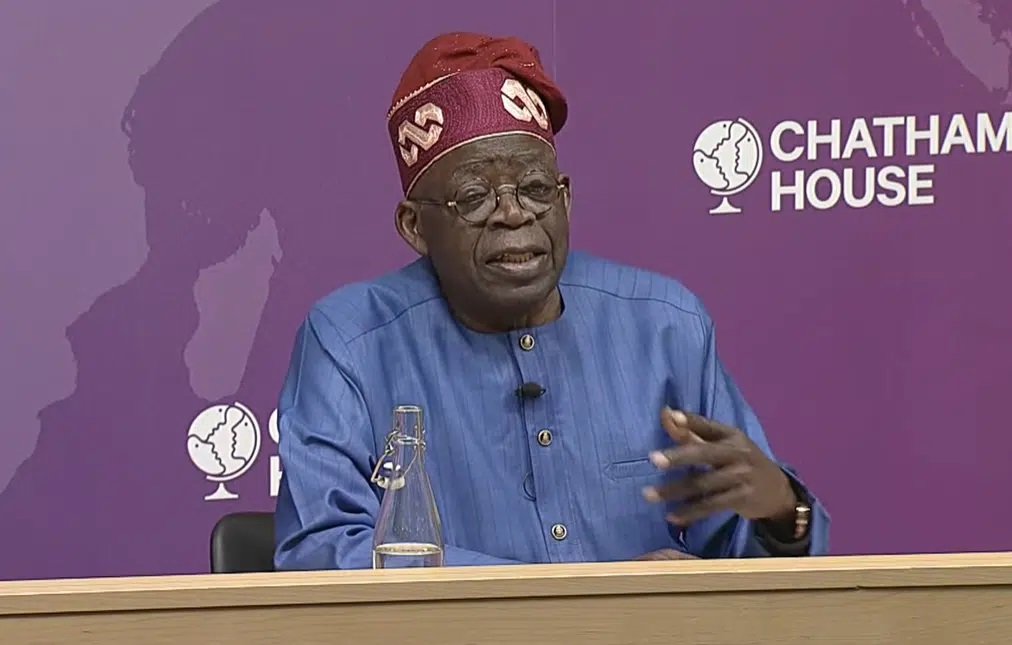President Bola Tinubu has halted the planned increase in electricity tariffs, insisting on the continuation of subsidies for power consumption across the nation, as revealed by Minister of Power, Adebayo Adelabu, during a recent press briefing in Abuja.
Adelabu went on to announce that the Federal Government would launch an investigation into the legality of the five-year license extension granted to privatized power distribution and generation companies. He emphasized that the operating licenses for these firms would have expired on October 31, 2023.
During the briefing, the minister expressed his commitment to addressing non-performance within agencies under the power ministry. Adelabu asserted that he would not hesitate to dismiss any chief executive who fails to meet expectations, especially if their performance jeopardizes his position as the minister.
Addressing the issue of a cost-reflective tariff, which would result in an increase in power fees, Adelabu explained that President Tinubu is cautious about implementing such changes due to the sensitive nature of the power sector. He acknowledged the existing gap between the cost-reflective tariff and the allowed tariff, which the government is currently bridging through subsidies, impacting liquidity, investments, and creating various constraints.
Adelabu clarified that the delay in implementing the cost-reflective tariff is a result of political considerations and empathy towards the Nigerian populace, especially given recent challenges such as the removal of fuel subsidies, exchange rate fluctuations, and rising inflation. He highlighted the President’s efforts to alleviate hardship through various palliatives and stressed the need for a gradual approach to tariff adjustments.
The minister also discussed the significant role of gas in power generation, with 75 to 80 percent of Nigeria’s power coming from gas power plants. He explained that fluctuations in the exchange rate directly impact the cost of gas, influencing the overall tariff. Adelabu assured that tariff adjustments would be made at an appropriate time, following thorough sensitization and communication with the public, along with a guarantee of regular and incremental power supply.
Adelabu concluded by addressing the issue of power generation in Nigeria, deeming the current capacity of around 4,000 megawatts as shameful and unacceptable. He emphasized ongoing efforts to increase power generation and urged collaboration from all stakeholders in the power sector to support the national vision.
The minister also expressed his stance on the 2013 privatization of the power sector, labeling it a mistake and suggesting that commercialization would have been a better approach. Despite the government’s 40 percent stake in various power distribution companies, Adelabu hinted at the possibility of the government taking control and reviewing territorial coverage to ensure optimal performance.
Regarding the extension of privatized power firms’ licenses, the minister confirmed an ongoing investigation to determine the legality and contractual correctness of the extension. Adelabu emphasized the importance of a performance bond, and he expressed the government’s commitment to sit with private sector operators to reach agreements.
Responding to inquiries about power supply to Niger Republic, Adelabu clarified that it has not commenced, and the government is monitoring the situation in the neighboring country.
In conclusion, the National Bureau of Statistics provided electricity customer statistics, indicating a rise in the total number of customers on a quarter-on-quarter basis but a decline on a year-on-year basis in both Q1 and Q2 of 2022.








More Stories
Teenager in viral photo of Obi’s 2023 presidential campaign rally, Alabi Quadri languishes in jail
Ribadu tells families of kidnapped victims not to pay any ransom
Ndume tackles Tinubu over massive borrowings, lists ‘spurious’ items